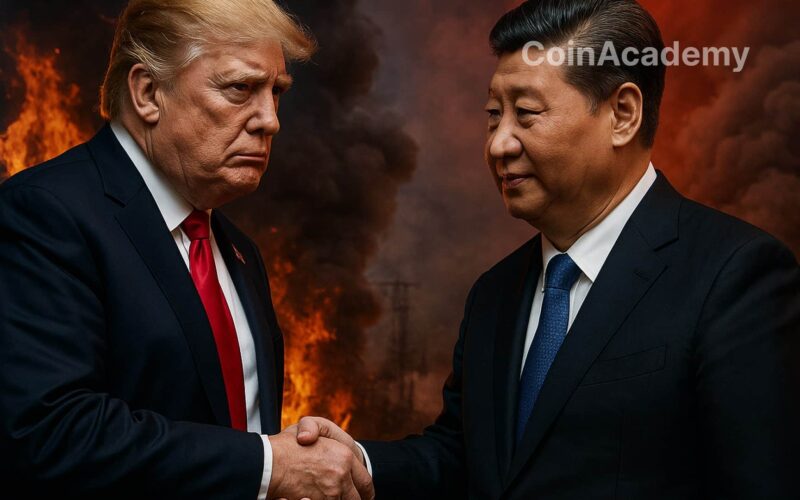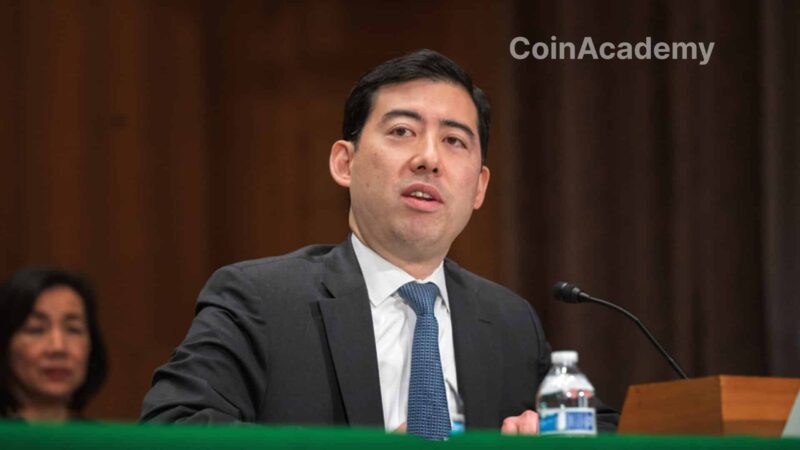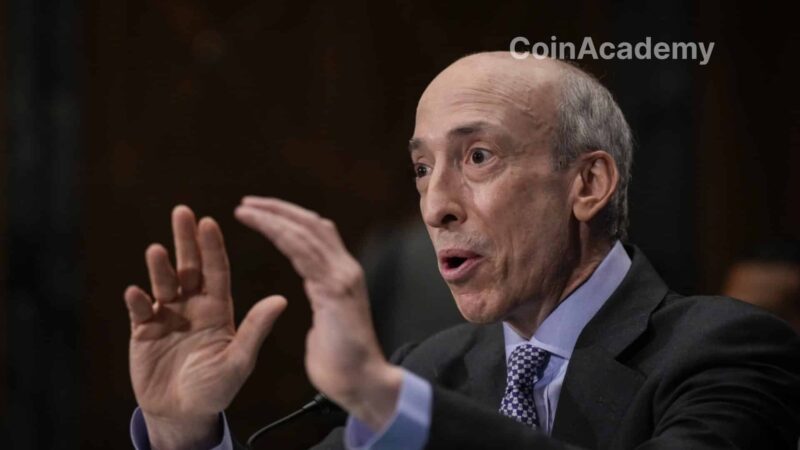Donald Trump and Xi Jinping have signed a one-year trade truce in Busan, suspending the mutual restrictions and tariffs between Washington and Beijing after six years of tensions.
USA – China: A Multi-Faceted Truce
Concretely, Washington suspends the extension of its export restrictions to Chinese subsidiaries, while Beijing freezes controls on rare earths, essential metals for batteries, smartphones, and energy transition. Another significant gesture: China holds nearly 70% of global production, and its blocking decision had recently driven up electronics and automotive prices.
Another symbolic measure: the United States halves the special 10% tariff imposed on fentanyl-related products, the opioid responsible for over 70,000 deaths annually in the U.S. In return, Xi Jinping promises to strengthen controls on chemical precursor exports used in its production.
Finally, Washington suspends new taxes on ports and Chinese shipyards for a year. Beijing will reciprocate for vessels associated with American interests. A welcome break for maritime trade already strained by rising global logistics costs.
An Tactical, not Strategic Agreement
This truce remains primarily a tactical ceasefire. Core issues like advanced semiconductors, technological sovereignty, TikTok, or Taiwan have not been resolved. Negotiations on high-end microprocessors, particularly those produced by Nvidia, will continue, but military or strategic components remain excluded from the dialogue.
In Washington, some see this agreement as a short-term victory: a way to stabilize markets ahead of a crucial election year. In Beijing, the analysis is different: Xi Jinping’s regime eases economic pressures without yielding on its red lines.
Implications for Markets and Tech
The announcement calmed Asian markets: the yuan slightly strengthened, and the Hong Kong and Shanghai stock markets closed moderately higher. U.S. futures, on the other hand, reacted without exaggeration, indicating that investors now expect actions rather than promises.
For tech giants, this truce could delay the most severe restrictions on chip exports to China. Nvidia, AMD, or ASML breathe a little easier, although the threat of a new showdown still looms.
A Fragile Peace Before the Next Battle
Trump has pledged to visit Beijing in April; Xi is expected to make a reciprocal visit to the U.S. afterward. Both leaders know this ceasefire is precarious. As summarized by an analyst in Washington:
Trump gained time, Xi gained leverage. The real economic war, however, has never ceased.




